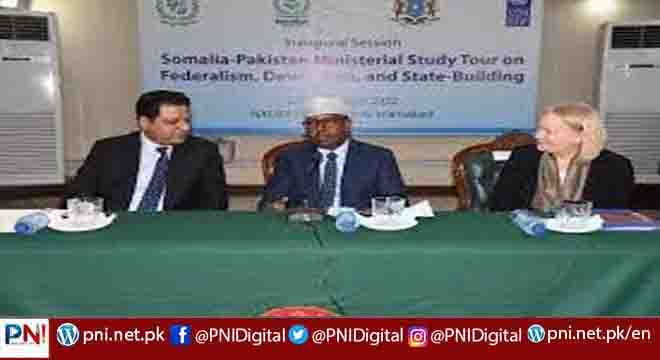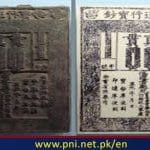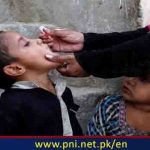Islamabad, December 24,2022: United Nations Development Program UNDP-Pakistan and UNDP-Somalia have organized a first-ever Somalia-Pakistan Ministerial Study Tour on Federalism, Devolution and State-Building from December 20 to 27, 2022.
The team will stay in Islamabad, attend seminars and learning sessions, and visit various institutions such as NADRA, PIPS, National Assembly of Pakistan and others.
The Ministry of Interior, Federal Affairs and Reconciliation (MOIFAR) of Somalia is leading the tour of honorable ministers representing both Federal Government and Federal Member States including representatives of Banadir Regional Administration (BRA). His Excellency, Mr. Ahmed Moallim Fiqi Federal Minister, Ministry of Interior, Federal Affairs and Reconciliation, Federal Republic of Somalia is the lead focal person of the study tour.
The technical sessions of the fifth day debate and learning sessions revolved around the idea of democratic devolution and local governance systems and structure and mechanism of fiscal equalization and fiscal federalism introduced through 7th National Finance Commission (NFC) Award.
During the first session, federalized governance and local governments were discussed while the second session was dedicated to fiscal federalism in Somalia and Pakistan’s 7th National Finance Commission of Pakistan in conjunction with devolution of GST on Services.
Secretary Local government KP, Mr. Zaheerul Islam gave a detailed presentation about the history of local governments in united India and Pakistan with East India Company creating local level arrangements and then the British government creating local bodies in various cities such as Lahore, Karachi, and Quetta. He laid emphasis on the “devolution constitutional obligation” and stressed that local governments are in fact necessary. He provided a detailed account of various functions and levels of municipal services and responsibilities of local government in KP in which the delegates took keen interest specially in the alternative dispute resolution (ADR) mechanisms because Somalia is also trying to address the question of judicial model.
Ahmad Iqbal Chaudhay, formar Mayor of Narowal district government also shared the Punjab experience and spoke about the local government in general. “Local government is the last tier in government structure, but first in the democratic dispensation”. “Till the 18th Amendment, federal government used to be the most powerful tier, and later provinces gain some more powers. However, provinces have not lived up to the constitutional provisions of establishing local governments”, he added. While citing various studies on the perils of not having local governments he mentioned that Pakistan stands at the 125th position of 165 countries on the scale of basic municipal services for it population. “Deprivation is the cost that we pay for not letting democratic local governments function”, he said. While advising the Somali delegates, he said try to conduct serious local level research for develop concepts, and politicians must be engaged to develop the law”.
Kaiser Bengali spoke about poverty reduction and local governments. His main argument was that public sector investment in health and education along with public transport reduces the cost of living for the poor, and it is one of the channels to attack poverty with effective local government systems.
Somali delegates aslo shared their experience of the local government system, and wanted to make it more representative and more democratically embedded than based on elder nominations. However, it was mentioned as a deep political question which needs discussions and reforms.
The last session was about fiscal federalism in which Dr. Kaiser Bengli shared the story of resource sharing in Pakistan and how the national finance commission award has changed the resource sharing formula in the past. He said that initially in 1974 these were only income and corporate tax and export duties which were part of federal divisible pool. Now almost every tax is in divisible pool and fiscal transfer to the provinces has increased. He also mentioned that expansion of the entitlement criteria along the poverty inverse population density has a positive impact on better resource distribution towards Baluchistan and KP.
Follow the PNI Facebook page for the latest news and updates.








